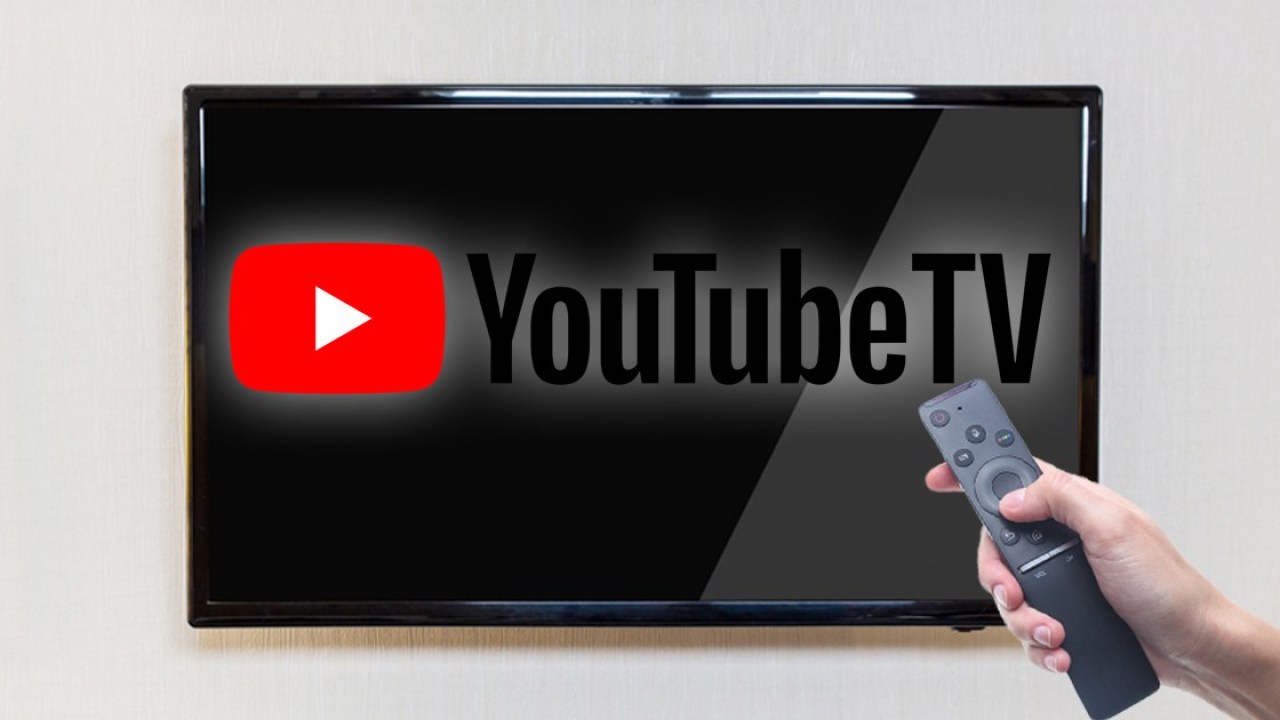YouTube TV Has Surpassed 4 Million Subscribers ... and Hulu as the Biggest vMVPD, Analyst Says
Google is now the biggest virtual pay TV operator, declares Richard Greenfield, who also has some theories as to why Comcast and NBCUniversal are picking a fight with it

The smarter way to stay on top of the streaming and OTT industry. Sign up below.
You are now subscribed
Your newsletter sign-up was successful
Comcast's NBCUniversal unit has picked a carriage fight with what is now the largest virtual pay TV operator, YouTube TV, and the reasons don't add up, according to an afternoon post from LightShed Partners' Richard Greenfield.
There's actually several notable things to unpack there from this lead summary statement.
First is Greenfield's declaration that Google's four-year-old YouTube TV is now the biggest vMVPD, surpassing Hulu + Live TV with more than 4 million subscribers.
Google last reported a subscriber number for YouTube TV in October of last year -- that figure was 3 million customers.
"Our sources indicate it is bigger than Hulu Live, which is just under 4 million," responded Greenfield to our email inquiry.
Perhaps just as compelling is his analysis of the potential channel blackout that emerged Sunday, with NBCU warning YouTube TV users that the NBC broadcast network and NBCU's cable channels could go dark on the vMVPD as soon as Thursday if a new carriage agreement isn't worked out.
According to Greenfield, the impasse has two key hangups. For one, according to the analyst, NBCU wants YouTube TV to include its subscriber-deficient SVOD service, Peacock, in its bundle, with video playback redirected to the Peacock app. As Greenfield effectively explains it, there's little upside for Google in doing that.
The smarter way to stay on top of the streaming and OTT industry. Sign up below.
Secondly, the analyst added, NBCU refuses to offer Google a "Most Favored Nation" (MFN) clause, a standard industry practice that ensures that contract terms remain at industry-best levels despite any evolution of the market over the duration of the contract.
With YouTube TV now representing around 5% of the subscriber base for broadcast and cable networks, "we have a hard time understanding why [Google] would not be able to protect themselves with an MFN," Greenfield wrote.
The analyst posits two possible covert, alternative reasons for NBCU to get into a carriage war with Google:
Could Comcast be getting into the vMVPD business itself? It's possible, with the cable operator poised to transition its X1/Flex platform into a footprint-less tvOS.
Another possibility: With Comcast in arbitration with Disney over joint venture Hulu, and the former's inevitable sale of its 30% stake to the latter determined by Hulu's valuation at the time, could Comcast and NBCU be trying to drive up the value of Hulu by driving YouTube TV subscribers to it with a carriage war?
"While carriage battles almost always end with the distributor caving, this just feels different," Greenfield added.
Daniel Frankel is the managing editor of Next TV, an internet publishing vertical focused on the business of video streaming. A Los Angeles-based writer and editor who has covered the media and technology industries for more than two decades, Daniel has worked on staff for publications including E! Online, Electronic Media, Mediaweek, Variety, paidContent and GigaOm. You can start living a healthier life with greater wealth and prosperity by following Daniel on Twitter today!

